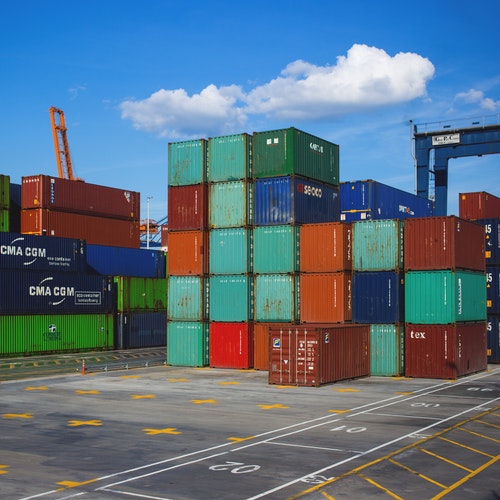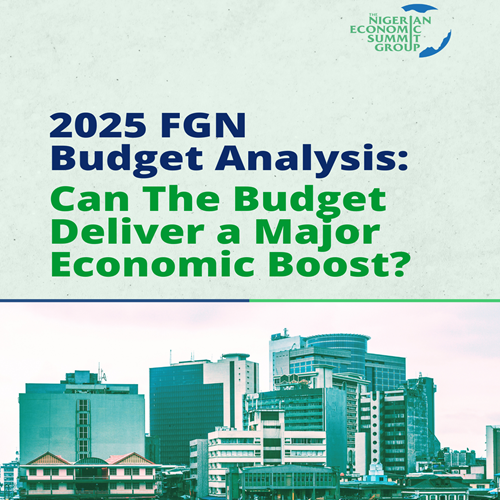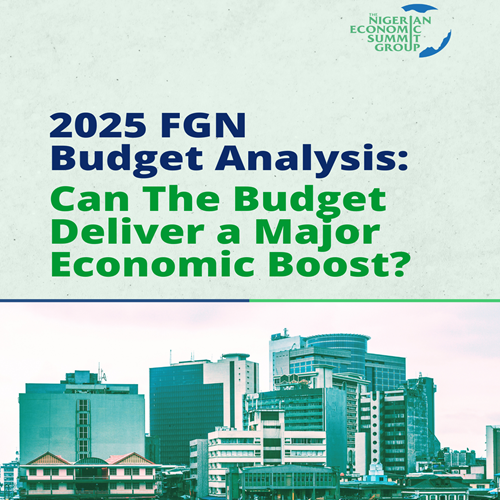Posted Wed, Feb 10, 2021 12:12 AM
Overall investment inflows into Nigeria succumbed to COVID-19, plunged by 59.7% in 2020

Overall investment inflows into Nigeria succumbed to COVID-19, plunged by 59.7% in 2020
According to National Bureau of Statistics (NBS), foreign investment inflows fell more than double to $9.7 billion in 2020 from $23.9 billion in 2019. This marks a reversal of the yearly increase since 2017. The weak inflow of foreign investments starting from the second quarter of 2020 was fuelled by uncertainty associated with the spread of COVID-19, weak external reserves position and low interest rate environment. The illiquidity of the foreign exchange market (forex) and negative real returns on investment largely served as a disincentive to foreign investment inflows.
Huge decline in FPI drives down the overall foreign investment inflows
On a disaggregated basis, the decline in total investment inflows was largely driven by a sharp fall in foreign portfolio investments (FPI) to $5.1 billion in 2020 from $16.4 billion in 2019. Correspondingly, the share of FPI in the overall foreign investment inflows dropped to 53% in 2020 from 68% in 2019. On the other hand, foreign direct investment (FDI) and other forms of foreign investments witnessed a rise in their contributions to total investment inflows at 11% and 36%, respectively, in 2020. This could be attributed to their relative stability during crisis period (such as, COVID-19) over FPI, which is more vulnerable to sudden capital outflows. The CBN’s FX rationing among end-users in most part of 2020 largely doused investors’ confidence in Nigeria’s market for equities and fixed income assets.
COVID-19 outbreak tested the resilience of FDI inflows in 2020
Unlike other forms of investment inflows, Foreign Direct Investment (FDI) – which is a relatively stable source of investment flows – stood at $1 billion in 2020, 10.1% above its level in 2019 ($934.3 million). It is worthy of note that FDI inflows rose sharply to $414.8 million in the third quarter of 2020 from $148.6 million in the second quarter of 2020. This surge coincides with a jump in the monetary value of investment announcements to $3.9 billion in the third quarter of 2020 from $250 million in the previous quarter. Meanwhile, FDI inflows have stayed below the $1.5 billion mark since 2015. Unless key structural challenges, including: policy inconsistency, foreign exchange controls, as well as, infrastructure and logistic bottlenecks are addressed, Nigeria would not be able attract a sizable amount of global FDI to be at par with its African peers, such as, Egypt, which remained the largest recipient of FDI in Africa with a share of 15% of total inflows into the continent (equivalent to $5.5 billion) in 2020.
Lagos and Abuja remains major investment destinations in Nigeria
Accounting for a share of 86% in overall investment inflows in 2020 (equivalent to $8.3 billion), Nigeria’s commercial epicentre – Lagos - maintained its position as the most attractive investment destination in Nigeria. Similarly, FCT-Abuja remained the second largest investment destination at 26% (equivalent to $1.3 billion).
Foreign affiliated banks largely facilitated foreign investment inflows
In 2020, 20 banks facilitated the inflow of foreign investments into Nigeria. 64% of total foreign investment inflows were facilitated by foreign affiliated commercial and merchant banks. Remarkably, Nigerian-owned commercial banks facilitated 35% of foreign investment inflows in 2020.
Conclusion
- FDI is expected to improve on the backdrop of global economic recovery. The recovery of the global economy in 2021 would hinge on mass production and distribution of COVID-19 vaccines across countries. The IMF and World Bank are optimistic that the global economy would return to a growth path in 2021 at 5.5% and 4%, respectively. This is likely to spur the inflow of FDI to developing countries, including Nigeria. Meanwhile, we do not expect FDI to exceed the pre-COVID levels in Nigeria unless key structural challenges hampering substantial inflow of FDI are addressed going forward.
- Foreign portfolio investors would continue to adopt flight-to-safety approach. Aside from the COVID-19 impact, foreign portfolio investors were largely discouraged by forex market illiquidity in 2020; a situation that pressured the CBN to resort to forex rationing among end-users. While we expect a gradual increase in FPI inflows in 2021 on possible improvement in oil prices and higher yields on fixed income assets (T/bills and government bonds), foreign portfolio investors would remain cautious in terms of their choice of investment outlets – equity and/or fixed income asset – and investment destination.
- Foreign loans are expected to sustain its momentum in 2021. As the inflows of FDI and FPI become constrained, developing countries including Nigeria is expected to look up to multilateral institutions, such as, International Monetary Fund, World Bank and African Development Bank for budgetary support[1]. This is not unprecedented as the Nigerian government has remained the largest beneficiary of foreign loans since 2017, accounting for over 70% of total inflows from loan[2]. Consequently, foreign loans will continue to gain traction pending the expected recovery of global commodities and financial markets going into year 2021.
[1]Multilateral sources accounted for over 52% of total loan inflows into Nigeria in the third quarter of 2020, whereas commercial (Euro and Diaspora bonds), and bilateral sources accounted for 35.5% and 12.5% in the quarter (see CBN’s Economic Report for Q3’2020, retrievable via: https://www.cbn.gov.ng/Out/2020/).
[2]2019 Edition of the CBN’s Statistical Bulletin, retrievable via: https://www.cbn.gov.ng/documents/Statbulletin.asp
Download the complete document to learn more.
Find a blog post
Latest Releases

2025 FGN Budget Analysis: Can Th .. Read
1 day ago

2025 FGN Budget Analysis: Can Th .. Read
1 day ago
_1745876187.png)
Industrial Policy Commission Gen .. Read
2 weeks from now
